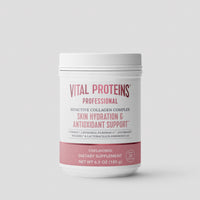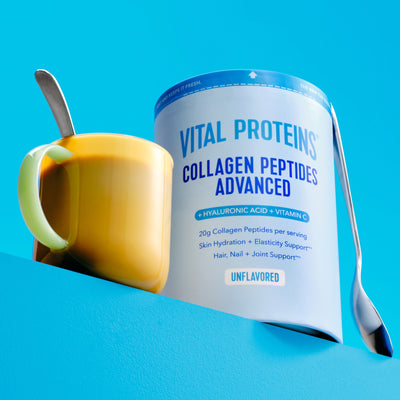Words like "free range," "grass fed," "natural," and "organic" seem to be on every food label nowadays. It can all get very confusing, especially when some products that are being touted as healthy are actually far from it. Here, we break down some of the most popular food label terms. Get to know them here.
Antibiotic free
This means that an animal was not given antibiotics during its lifetime. Other phrases to indicate the same approach include "no antibiotics administered" and "raised without antibiotics."
Cage free
This means that the animal was raised outside of cages. What this doesn’t explain is whether it was raised outdoors on pasture or if it was raised indoors in overcrowded conditions. If you are looking to buy eggs, poultry, or meat that was raised outdoors, look for a label that says "pastured" or "pasture-raised."
Related Articles
Free range
The use of the terms "free range" or "free roaming" are only defined by the USDA for egg and poultry production. The label can be used as long as the producers allow the chickens access to the outdoors so that they can engage in natural behaviors. It does not necessarily mean that the products are cruelty free or antibiotic free or that the animals spent the majority of their time outdoors. Claims are defined by the USDA but are not verified by third-party inspectors.
GMO
Genetically modified organisms (GMOs) are plants or animals that have been genetically engineered with DNA from bacteria, viruses, or other plants and animals. Products can be labeled GMO free if they are produced without being genetically engineered through the use of GMOs.

Grass fed
This means the animals were fed grass – their natural diet – rather than grains. In addition to being more humane, grass-fed meat is leaner and lower in fat and calories than grain-fed meat. Grass-fed animals are not fed grain, animal by-products, synthetic hormones, or antibiotics to promote growth or prevent disease.
Pasture raised
This means that the animal was raised on a pasture where it was able to eat nutritious grasses and other plants rather than being fed grain in a feedlot or barn. Pasturing livestock and poultry is a traditional farming technique that allows animals to be raised in a humane manner. Animals can move around freely and carry out their natural behaviors. This term is very similar to “grass fed,” but the term "pasture raised" more clearly indicates that the animal was raised outdoors on pasture.
Natural
No standards currently exist for this label except when used on meat and poultry products. USDA guidelines state that meat and poultry products labeled “natural” can only undergo minimal processing and cannot contain artificial colors, artificial flavors, preservatives, or other artificial ingredients. However, natural foods are not necessarily sustainable, organic, humanely raised, or free of hormones and antibiotics.
Organic
All organic agricultural farms and products must meet the following guidelines (verified by a USDA-approved independent agency):
- Abstain from the application of prohibited materials (including synthetic fertilizers, pesticides, and sewage sludge) for three years prior to certification and then continually throughout their organic license.
- Prohibit the use of GMOs and irradiation.
- Employ positive soil building, conservation, manure management, and crop rotation practices.
- Provide outdoor access and pasture for livestock.
- Refrain from antibiotic and hormone use in animals.
- Sustain animals on 100% organic feed.
- Avoid contamination during processing of organic products.
- Keep records of all operations. If a product contains the USDA organic seal, it means that 95%–100% of its ingredients are organic. Products with 70%–95% organic ingredients can still advertise “organic ingredients” on the front of the package and products with less than 70% organic ingredients can identify them on the side panel. Organic foods prohibit the use of hydrogenation and trans fats.















